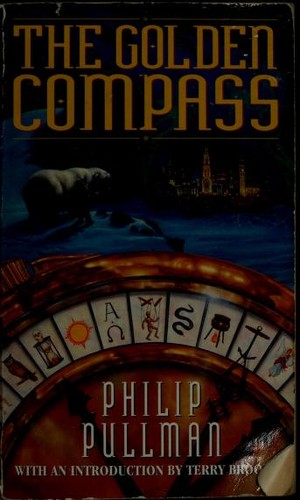Lose and Lost
[A2] Lose vs Lost in English usage. This English module explains when to use lose and lost, with rules, examples, and common mistakes.
Lose vs Lost
Lose is a verb in the base form meaning to not keep something, not win, or to no longer have something. Lost is the past form of lose and is used for completed past events. Lost is also an adjective meaning not found, confused, or not knowing where you are. The key is to decide whether you need a present or infinitive verb form lose, a past verb form lost, or an adjective lost.
Choose the correct word for this sentence: I ___ my phone last night.
Verb Meaning
Lose describes an action: something happens and you fail to keep it, you cannot find it, or you do not win. It can refer to objects, games, opportunities, time, or qualities like patience and control. Lose focuses on the action of no longer having or not succeeding. It often needs an object after it, like lose your keys or lose the match.
Choose the sentence where lose is used as an action (verb).
Past Form
Lost is the simple past and past participle of lose. Use lost for actions completed in the past, often with a past time reference like yesterday, last week, or earlier. Use have lost for present perfect when the loss happened before now and matters now. Use had lost for past perfect when one past loss happened before another past event.
Subject | Form | Example |
|---|---|---|
Choose the correct sentence for a completed past event.
Adjective Lost
Lost can be an adjective, not a verb. As an adjective, it describes something that cannot be found, or a person who is confused or without direction. In this use, it often appears after be, seem, feel, look, or get. If you can replace it with confused or missing, lost is likely an adjective.
Which sentence uses lost as an adjective meaning 'confused' or 'without direction'?
Time Choice
Use lose for habits, repeated actions, general truths, and future meaning with will or going to. Use lost for a completed past event, especially when you mention when it happened. Use have lost when the result is important now, such as something still missing. Choosing the right time meaning prevents mixing lose with past time words like yesterday.
Rule | Example |
|---|---|
Choose the correct sentence for a habitual action.
Common Patterns
Lose appears in several common verb patterns that help you recognize it quickly. Lose is often followed by a noun, like lose money, or a noun phrase, like lose your way. It is also common in fixed expressions like lose weight, lose interest, and lose track of time. These patterns always use lose in the base form and lost in the past.
Word/Phrase | Definition | Example |
|---|---|---|
Lose the Game
When talking about competitions, lose means you do not win. It can take an object like lose the match, or it can be used without an object in context like We lost. The past form lost is extremely common in sports and games, and it can be paired with by to show the margin. This meaning is different from misplacing objects but uses the same verb forms.
Rule | Example |
|---|---|
Choose the sentence that correctly shows a past game result with a margin.
Lost as Noun
Lost can also be a noun in specific contexts, especially in set phrases and signs. The most common is lost and found, which refers to a place or system for items that were found after being lost. You may also see the plural losses for negative results such as financial losses or team losses. This noun use is separate from the verb lose.
Choose the option that names the place for items found after being lost.
Spelling Contrast
Lose and lost are easy to confuse in writing because they share the same root but look different. Lose ends with -se and has a long vowel sound. Lost ends with -st and marks the past form, and its vowel is shorter. Keeping the spelling connected to time meaning helps you choose the correct word.
Rule | Description | Notation | Example |
|---|---|---|---|
Choose the correct spelling for the base/present verb meaning 'not keep':
Quick Check
To choose correctly, ask what role the word plays in your sentence. If it is the main action and the time is now, general, or future, use lose. If the action happened in the past, use lost. If the word describes a person or thing as missing or confused after be or feel, use lost as an adjective.
Choose the rule that correctly helps decide between lose and lost.


















